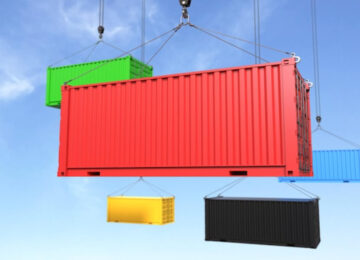Heat exchangers are made to optimize heat transfer from one liquid to the other, and they need certain maintenance practices for a longer lifespan. Keeping these exchangers clean is a part of routine maintenance. Without the proper cleaning, these exchangers will become less efficient due to debris, affecting their general performance.
Heat exchanger shutdowns can cost you substantial cash amounts, explaining why you should clean it often. The top maintenance tips include cleaning tube plugs and others.
Below we discuss the best heat exchanger maintenance tips.
- Use Correct Tools
It is hard to remove polymer deposits unless you have the right tools. It is not advisable to use tools like hammers and chisels since they affect the exchanger’s performance.
Most plant equipment is cleaned using a mixture of bandsaws and water-jetting, and they can clear some of the waste when given time. Also, clean these polymers as soon as they occur to prevent them from hardening.
- Avoid Standard Cleaning Practices
Most industrial service providers use basic cleaning techniques since they have seen them in use for a long time. Typical cleaning techniques are effective, but most do not lead to any developments in the exchanger. This standard cleaning is also slower and has immediate results.
The latest cleaning techniques eliminate all deposits from the exchanger, explaining why you should avoid standard cleaning. Cleaning the exchanger’s both sides also improves its performance and lifespan.
- Remove Sediments
Sediments are mainly made up of Alumina, Oxides, silt, and diatomic organisms. These sediments accumulate due to the minerals released by heat, explaining why you should avoid using hydrochloric acid with titanium plates or stainless steel.
Benefits of Using Heat Exchangers
Heat exchangers are available in different types and sizes, and all transfer heat using other techniques. These exchangers are versatile because they can fit in different designs, which is their main advantage.
Let us discuss the three main advantages of using heat exchangers;
- They have a small spatial footprint
Modern technology is developing fast, leading to tiny but more versatile equipment. Most electrical cabinets have a shrinking space that increases the risk of heat pockets, causing damage to electrical appliances.
This increases the need for using more diminutive but more efficient cooling solutions like heat exchangers.
- They have a low impact on the environment.
Heat exchangers should run continuously to be most effective. However, you must ensure that the control panels do not overheat. The main benefit of today’s exchangers is they do not need extra equipment like an air compressing unit to function.
This means they use less energy and do not pollute the environment.
- Has Minimal Costs
Heat exchangers do not use any exterior equipment, meaning they need minimal maintenance because they can eliminate all contaminations. Heat exchangers also do not break down easily and can last longer than most conditioning units.
Final Thoughts
Heat exchangers are essential and need certain maintenance practices to improve their lifespan. These practices include checking the tube plug and others. Kindly reach out for more information.












